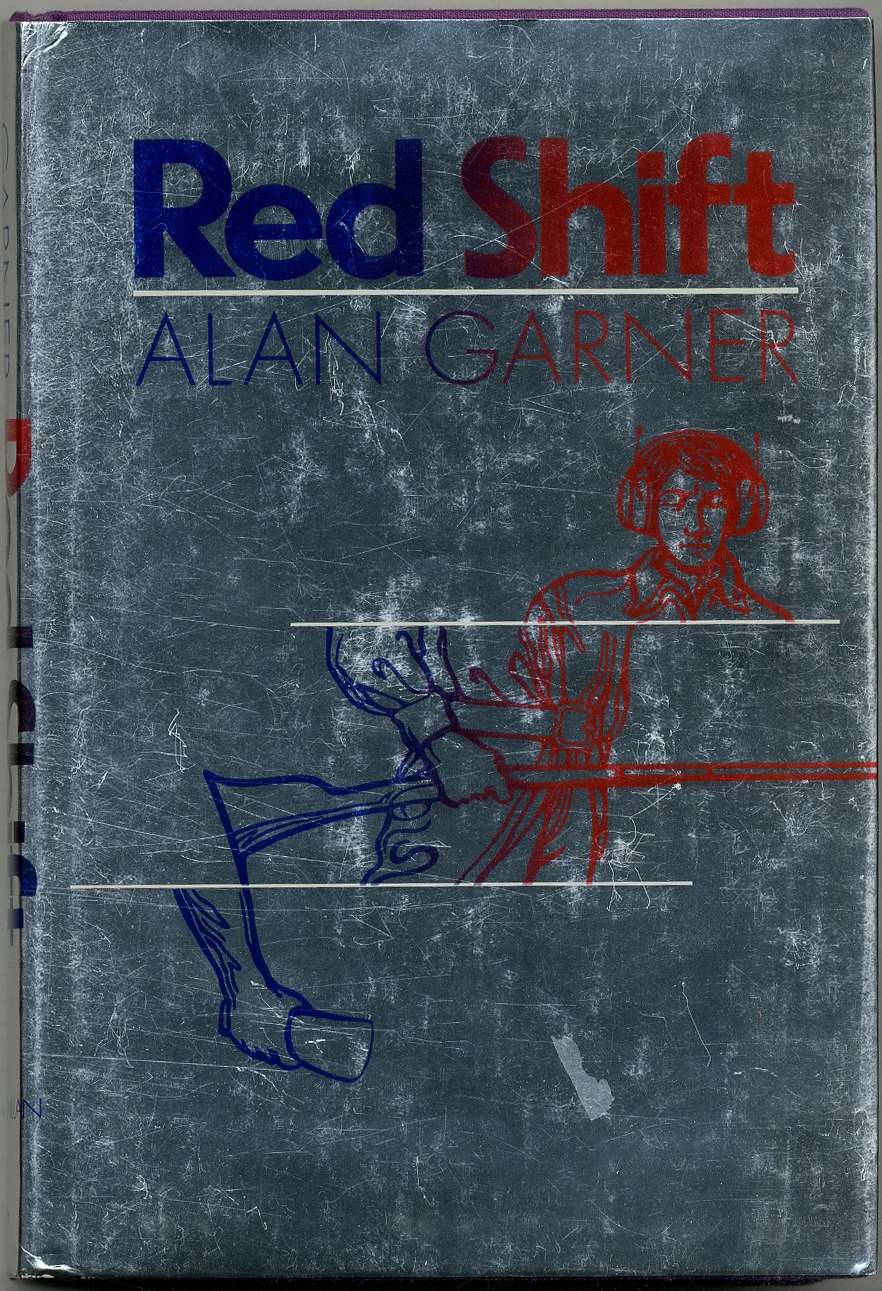Rex Gordon's "No Man Friday"
I probably read this in late 1962 or early 1963, and did not read it again until yesterday. I did not remember it as that good, but recently I got curious and posted details that I remembered in the Book Search threads (thanks
@Extollager for identifying it).
I'm fairly sure of the rough date because I think it was fairly soon after Jack Vance's "Dragon Masters" was serialised in Galaxy from August 1962 and I was gripped by its illustrations of dinosaur-like beings.
Although I was familiar with the story of Robinson Crusoe, I think that, for me, dinosaurs were the main attraction of this book, which I took out of the library myself, as I'm certain the version I read had a black and white illustration of a small human overshadowed by a large dinosaur-like being that looked like the intelligent alien species in the book. Sadly I have not been able to trace this illustration, although I think the version I read had the cover above.
I can't recall ever re-reading another book after such a long gap, and it's interesting for me what I actually remember. This mainly concerned my interest in dinosaurs.
SPOILER ALERT.
The book came out in 1956. The first half details how the rocket came to be launched @1958 from the British research station in Woomera, Australia, and how there was an accident in space leaving just the one survivor who crash lands on Mars. The book is his first person account of his experiences.
He survives the crash-landing and ingeniously works out ways of accessing oxygen and water supplies. I remember nothing of all that or of his speculative self-comparisons with Robinson Crusoe.
The bits I do remember involve his use of a tricycle (self-constructed) to get about on the barren plains, and his encounters with, first a peaceful herd of herbivores, then with the intelligent hundred foot long alien predators (compared to tyrannosaurus rex in the text) who communicate by flashing lights. I remembered that he was adopted by a young alien as a pet, and they learn to understand each other with a morse code language. I did not remember how he came to be "rescued" by an American expedition fifteen years after his landing.
What the book does well (and I didn't remember this at all) was compare human motivation with the very different perspective of the aliens, and the human inability to comprehend this. The aliens clearly have a superior grasp of time and space in a way that humans cannot remotely understand. Despite being hundred foot dinosaur-like predators living without any slight sign of civilisation, they are way beyond human technological understanding, and easily dismiss the American expedition without harming them (though they could easily have done so).
"If you were to stop doing, your life would be as all eternity. Why do you strive? What do you strive towards?"


